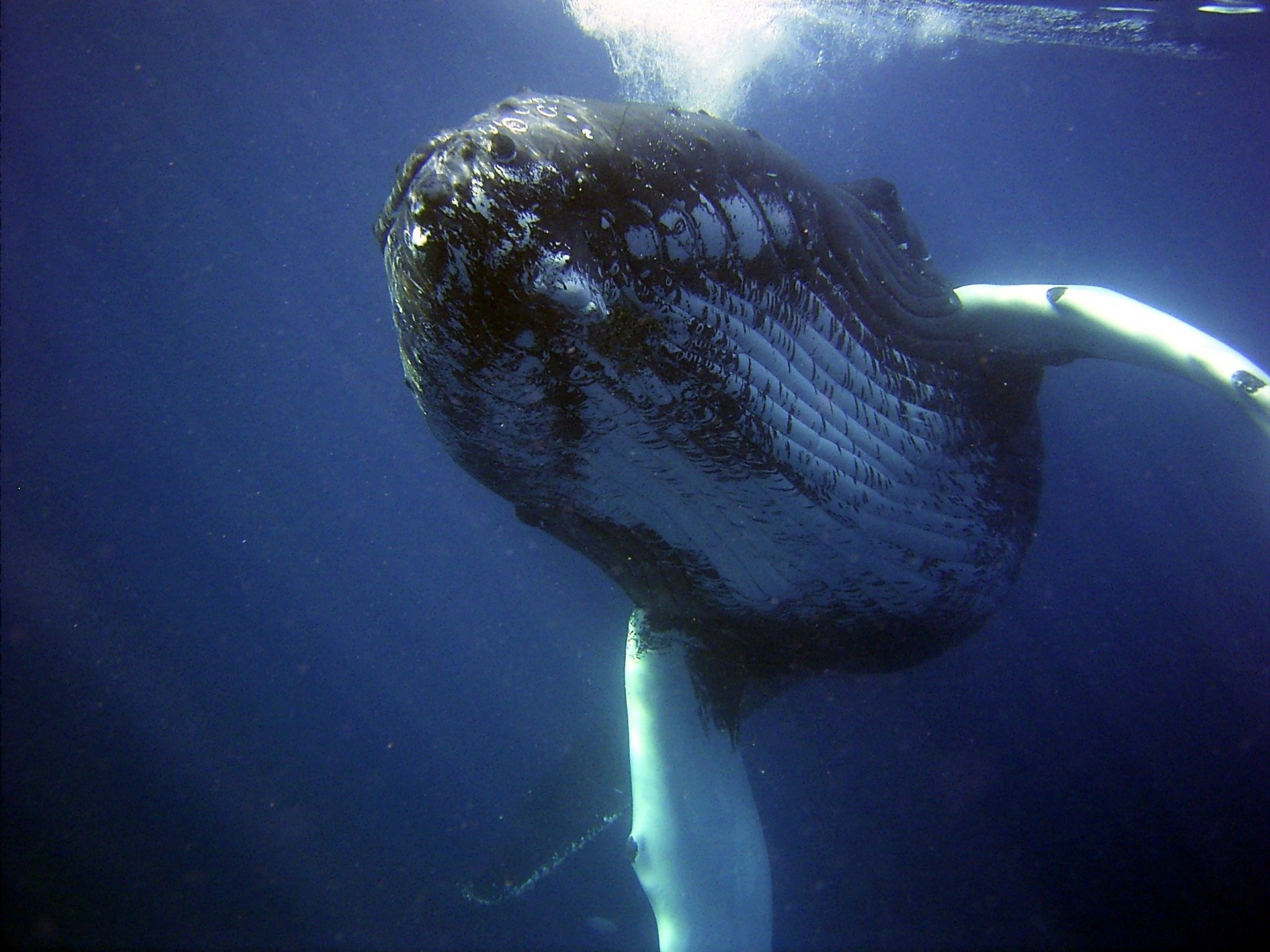Media release
From:
The Royal Society
Humpback whale song revolutions continue to spread from the central into the eastern South Pacific
Royal Society Open Science
Male humpback whales sing a repetitive, stereotyped, socially learnt, and culturally transmitted song display. Most males within a population sing the same, slow-evolving song type; but in the South Pacific, song ‘revolutions’ have led to rapid and complete replacement of one song type by another introduced from a neighbouring population. Songs spread eastwards, from eastern Australia to French Polynesia, but the easterly extent of this transmission was unknown. Here, we show song revolutions continue to spread from the central (French Polynesia) into the eastern (Ecuador) South Pacific region demonstrating vocal connectivity across the entire South Pacific Ocean basin.
Attachments
Note: Not all attachments are visible to the general public.
Research URLs will go live after the embargo ends.

Research
The Royal Society, Web page
Please link to the article in online versions of your report (the URL will go live after the embargo ends).
Journal/
conference:
Royal Society Open Science
Organisation/s:
University of St Andrews, UK, Marine Mammal Research Program, French Polynesia
Funder:
The NERC Sea Mammal Research Unit made a contribution toward the write up of this study (NE/R015007/
1). E.C.G. is currently funded by a Royal Society University Research Fellowship (UF160081). Fieldwork in French
Polynesia was funded by a Royal Society Newton International Fellowship (NF140667) and National Geographic
Society/Waitt grant (no. W396-15) to E.C.G. Funding in Ecuador was provided to J.D. by COCIBA grants of USFQ
in 2016, 2017 and 2018 and Rufford Foundation grants to J.O. as well as volunteer contributions of Project
CETACEA Ecuador.



 Australia; Pacific
Australia; Pacific



